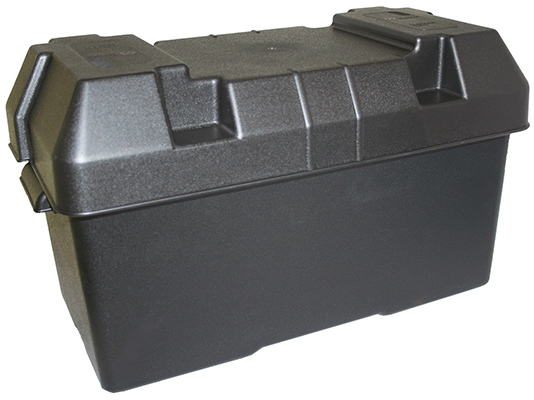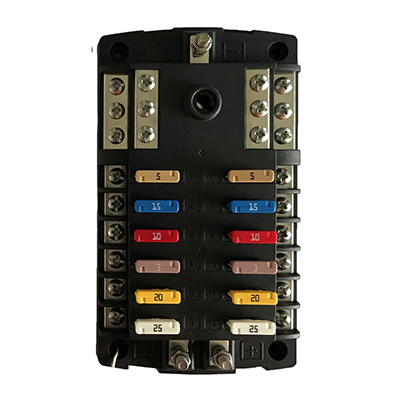Analyzing Current Fuse Costs: Bulk Versus Individual Buying Options
News 2025-10-24
Fuses are essential components in electrical systems, protecting circuits from overloads and short circuits. In today’s market, with fluctuating material costs and supply chain challenges, comparing the expenses of bulk and individual fuse purchases helps optimize budgets. This analysis focuses on cost differences, drawing from recent industry data to guide decisions in various applications such as automotive manufacturing, consumer electronics assembly, and home repairs. Understanding these comparisons can lead to significant savings and improved efficiency in operations.
Economic Benefits of Bulk Buying
Bulk purchasing of fuses often results in lower per-unit costs due to volume discounts and reduced handling fees from suppliers. For instance, in high-volume industries like appliance production, buying in large quantities can cut costs by up to 40%, based on average market rates. This approach is particularly advantageous in scenarios requiring consistent stock, such as assembly lines, where it minimizes downtime and supports scalable operations. Additionally, bulk deals may include better quality control and faster delivery, enhancing overall performance in demanding environments.
Practical Advantages of Individual Acquisitions
Individual fuse purchases offer flexibility for smaller-scale or irregular needs, such as prototype testing or emergency repairs. While unit prices are higher—typically 20-50% more than bulk options—they allow for precise inventory management without the commitment of large orders. In fields like field service technicians or hobbyist projects, this method reduces waste and storage requirements. Performance-wise, individually sourced fuses can be easier to specify for unique applications, ensuring compatibility and reliability in diverse settings where customization is key.
Common Queries on Fuse Procurement
1. What factors influence fuse cost variations?
Cost variations depend on material types, brand, and market demand, with metals like copper affecting prices during shortages.
2. How does purchase quantity impact long-term savings?
Larger quantities generally yield better savings through economies of scale, but require upfront investment and storage planning.
3. Are there seasonal changes in fuse pricing?
Yes, prices can rise during peak demand periods, such as holiday manufacturing surges, making strategic buying timing crucial.


